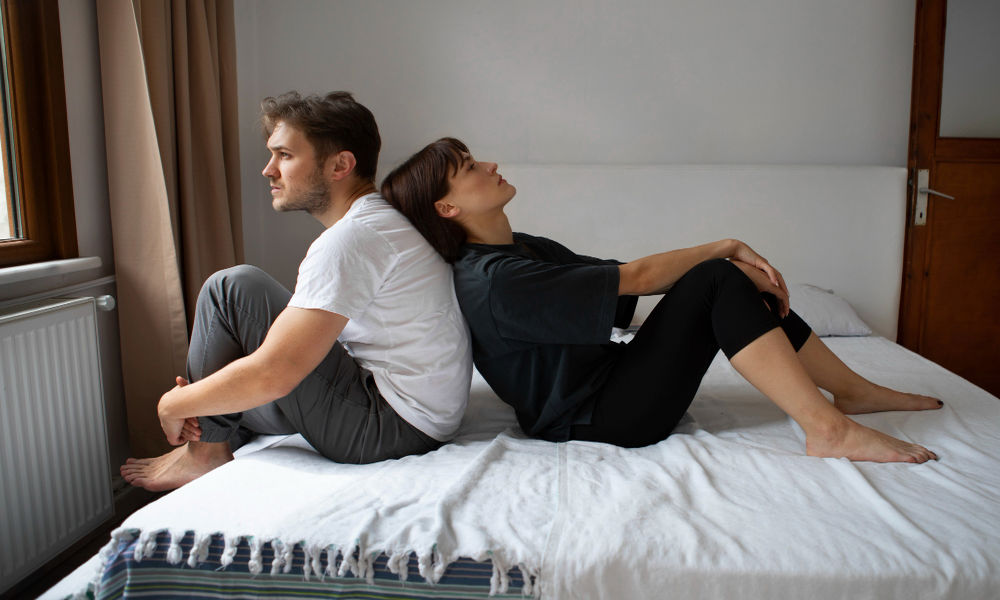It is a condition in which a woman experiences a distinct lack of interest or desire in sexual activities or relationships. Sexual reluctance in womenIt is the state of not wanting to have sexual contact or intercourse with a partner. It may also manifest itself with symptoms such as decreased or absent sexual drive and difficulty in orgasm.
It may be caused by physiological, psychological or relational factors. It can affect a person's sexual life. It is important to understand the causes of the condition and work on appropriate treatment options. Because it can have negative effects on the person's overall quality of life.
Symptoms of Sexual Reluctance in Women
It may include a marked decrease or absence of sexual drive. The person shows less interest in sexual activities. The decrease or absence of a person's fantasies or desires may also be a symptom of the condition. He or she may tend to avoid the relationship or move away from their partner.
It can cause anxiety, stress or self-esteem problems. Therefore, the person may avoid sexual activities. It may also cause physical symptoms. Physical problems that make sexual activity uncomfortable, such as vaginal dryness, may occur. It may be associated with intercourse being painful or uncomfortable.
Decreased emotional connection or lack of communication with the partner may trigger it. It can be associated with many different reasons. Because symptoms of sexual reluctance in women may vary from person to person. If you or a loved one is experiencing the problem, it may be beneficial to consult with a healthcare professional.
What Causes Sexual Reluctance in Women?

It may be caused by psychological problems such as depression, anxiety, relationship problems, and lack of self-esteem. Previous sexual traumas, abuse, emotional abuse or bad relationship experiences lead the woman to experience this situation.
Factors such as hormonal changes, birth control methods, and menopause may affect it. Some medications can cause it. It may also be caused by chronic health problems, pain, fatigue or hormonal imbalances.
With age, hormone levels can change, which can trigger Lifestyle factors such as alcohol, drug use, excessive exercise or obesity may also affect the condition.
Lack of communication with the partner, loss of emotional closeness, and problems with the partner may increase it. Sexual reluctance in women If you are experiencing problems, it is important to get help from a therapist.
Treatment Methods for Sexual Desire in Women

If there are psychological reasons, therapy sessions may help. Sex therapy, couples therapy, or individual therapy can address such issues.
Therapists help you overcome the problem by focusing on emotional and psychological factors. In some cases, prescribed medications can be used for treatment.
It is important to consult a doctor about the side effects and suitability of medications. Hormonal treatment option may be considered. Methods such as hormone replacement therapy or changing birth control methods are used.
Regular exercise, balanced nutrition, stress management and adequate sleep positively affect sexual health. Sex education and counseling helps people learn more about sexuality.
Experts evaluate your personal situation and recommend the appropriate treatment plan. Moreover, sexual reluctance in women Many different approaches need to be used together to address the problem.






